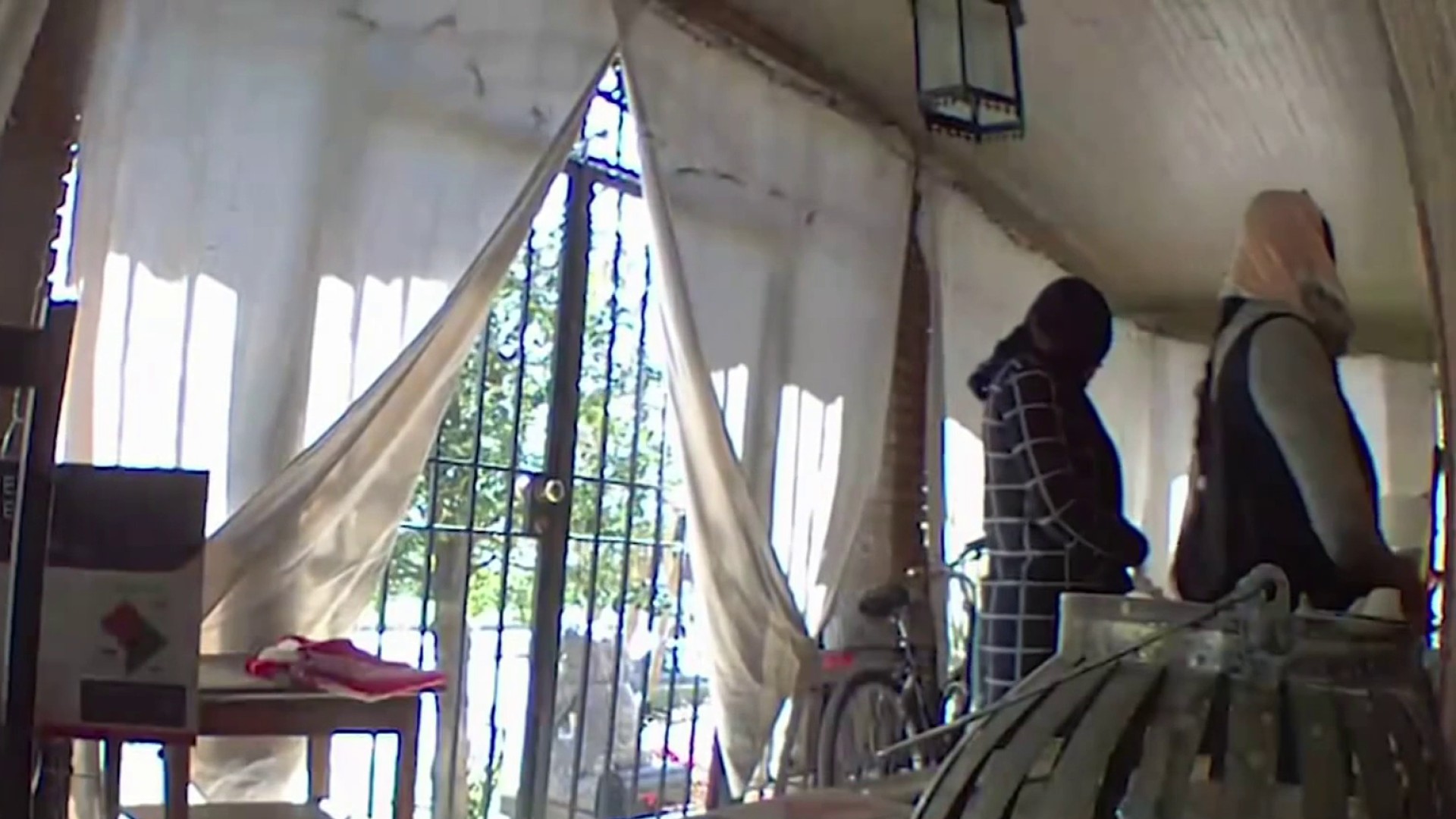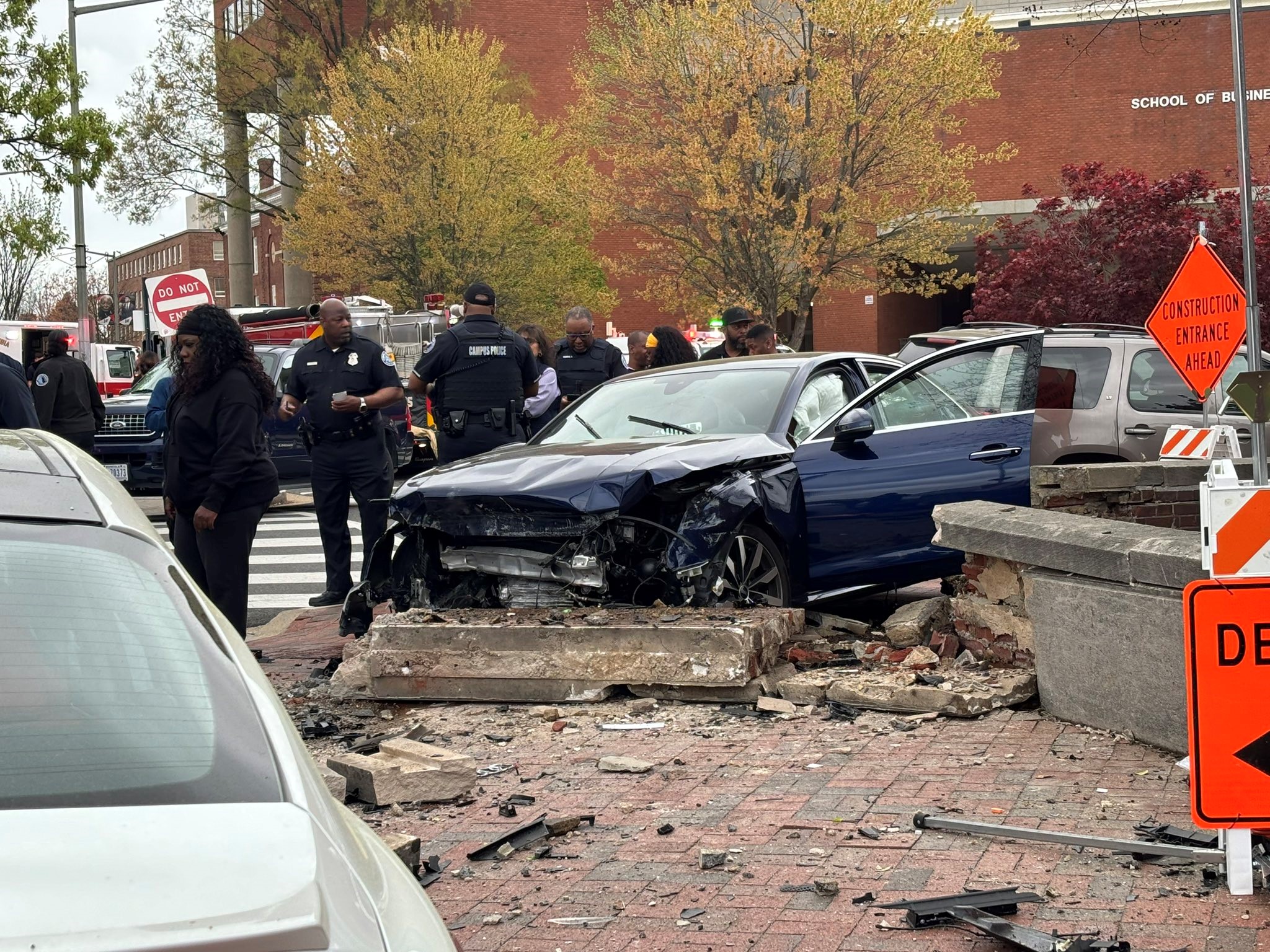The Justice Department will conduct a broad investigation into the Baltimore police force in search of law enforcement practices that are unconstitutional and violate civil rights, Attorney General Loretta Lynch said Friday.
The announcement of the federal civil rights probe comes just days after Lynch visited the city to meet with city and community leaders in the aftermath of riots and unrest. It satisfies a request this week from Baltimore Mayor Stephanie Rawlings-Blake, who initially appeared determined to fix the city's problems on her own but then requested a Justice Department investigation on Wednesday.
Soured relations between the police and the communities they serve is "one of the most challenging issues of our time," Lynch said in announcing the investigation, adding that there has been "a serious erosion of public trust."
The investigation, similar to ones undertaken in cities across the country such as Ferguson, Missouri, and Cleveland, Ohio, will look for trends of unconstitutional policing practices within the city, such as patterns of deadly force or improper stops and searches.
Federal authorities are conducting a separate investigation into the death of Freddie Gray, a black man who died last month after suffering grave injuries. The death set off chaos in the city, and Baltimore's top prosecutor has brought charges against six police officers.
"Ultimately, this process is meant to ensure that officers are being provided with the tools they need — including training, policy guidance and equipment — to be more effective, to partner with civilians, and to strengthen public safety," Lynch said.
Baltimore city officials last fall began participating in a voluntary and collaborative Justice Department review. But some officials, including Congress, were skeptical such a review could result in formal and sweeping change and asked for a broader civil rights investigation. Lynch hinted in that direction on Thursday when she told members of Congress that she had not "ruled out the possibility that more may need to be done."
Local
Washington, D.C., Maryland and Virginia local news, events and information
Baltimore suffered days of unrest after Gray died April 19 following a week in a coma after his arrest. Protesters threw bottles and bricks at police the night of his funeral on April 27, injuring nearly 100 officers. More than 200 people were arrested as cars and businesses burned.



